Coconuts have traveled far beyond tropical beaches to become a global wellness trend. From coconut water in gym bottles to coconut oil in kitchens and beauty cabinets, this versatile fruit is everywhere. But here’s the surprising part: not all coconut products are created equal, and using them without knowing the facts could lead to disappointment—or even health setbacks. Did you know, for example, that fresh coconut water loses most of its nutrients within hours once exposed to air? Or that coconut oil can hydrate skin for some people, yet cause breakouts for others? Whether you sip it, cook with it, or apply it topically, coconuts have secrets that most consumers never hear about. In this article, we’ll uncover 11 must-know truths about coconuts, combining scientific insights with practical tips so you can make smarter choices. By the end, you’ll understand exactly how to harness the benefits of coconuts while avoiding the common mistakes.
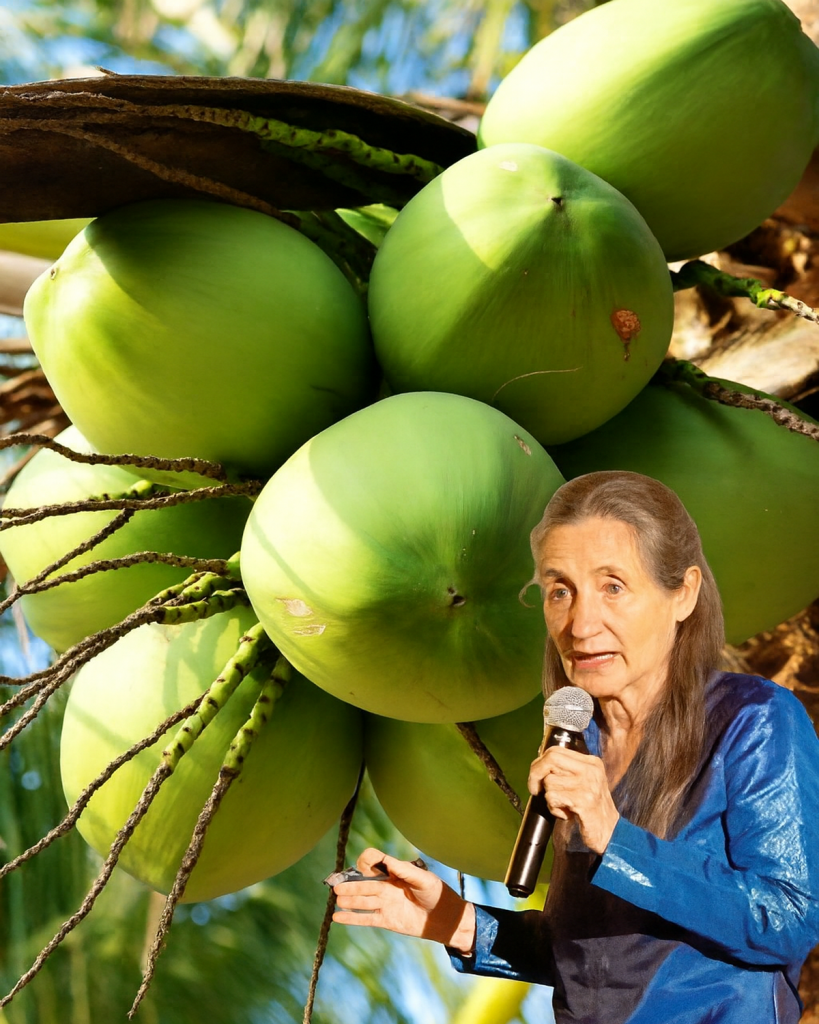
Secret 1: Coconut Water Isn’t Always as Fresh as It Looks
That bottle of coconut water may promise tropical hydration, but freshness matters. Coconut water naturally contains electrolytes like potassium and magnesium. However, once extracted, it begins to lose nutrients quickly. Many commercial products are pasteurized, which extends shelf life but can reduce its vitamin content. If possible, enjoy coconut water directly from a freshly cracked nut.
Secret 2: Coconut Oil Has Many Forms
Not all coconut oil is the same. There’s virgin coconut oil, refined coconut oil, fractionated oil, and even hydrogenated varieties. Virgin coconut oil retains antioxidants and a mild aroma, while refined oil is processed to remove flavor but may lose nutrients. For cooking, refined oil tolerates high heat, but for skin and hair, virgin coconut oil is preferred. Always read labels carefully to choose the right type for your needs.
Secret 3: Coconut Oil Isn’t a Miracle Weight Loss Food
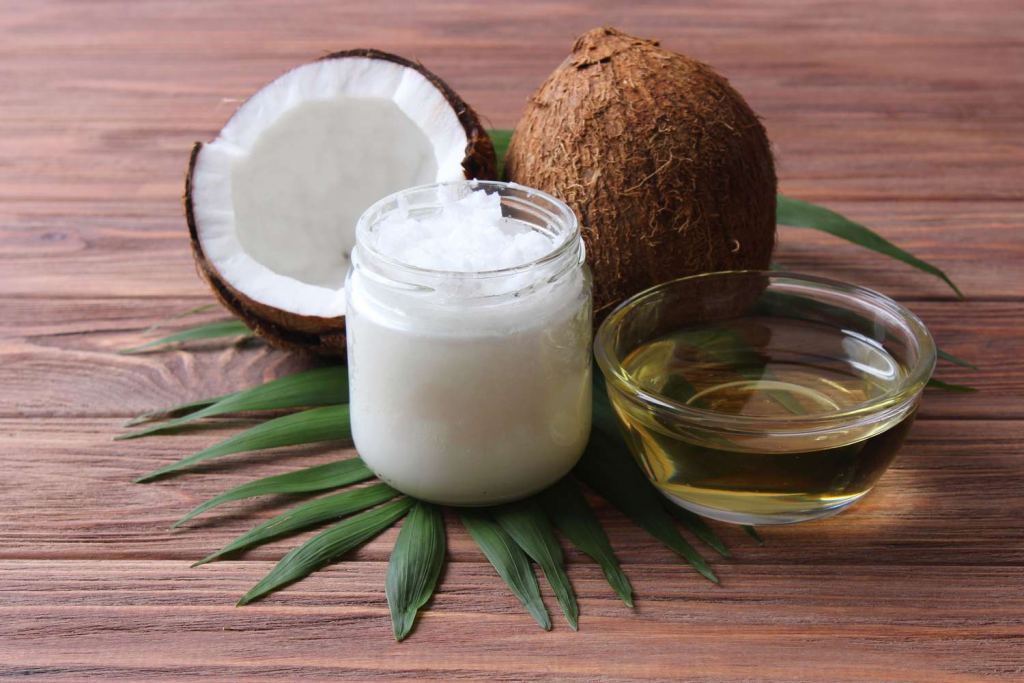
Many headlines claim coconut oil can “melt fat.” While it does contain medium-chain triglycerides (MCTs), which are metabolized differently than other fats, it’s still calorie-dense. One tablespoon has about 120 calories. Using it moderately may help with satiety, but overuse can contribute to weight gain.
Secret 4: Coconut Water Isn’t a Sports Drink Replacement for Everyone
Coconut water is often marketed as “nature’s sports drink” because of its electrolyte content. But unlike commercial sports beverages, it has relatively low sodium levels. For light workouts, it’s a refreshing choice, but for high-intensity or endurance training, it may not fully replace electrolyte losses.
Secret 5: Coconut Milk vs. Coconut Cream—Know the Difference
Coconut milk and coconut cream are not interchangeable. Coconut milk is thinner, with more water, making it ideal for curries and soups. Coconut cream, on the other hand, is thicker and richer, often used in desserts or whipped toppings. Using one in place of the other can drastically alter the taste and texture of your recipe.
Secret 6: Coconut Oil for Skin—Not for Everyone
While many people rave about using coconut oil as a moisturizer, dermatologists caution that it can clog pores, especially in acne-prone skin. It’s considered comedogenic (pore-clogging) for some skin types. If you want to try it, test a small area first. Alternatively, fractionated coconut oil is lighter and less likely to cause breakouts.
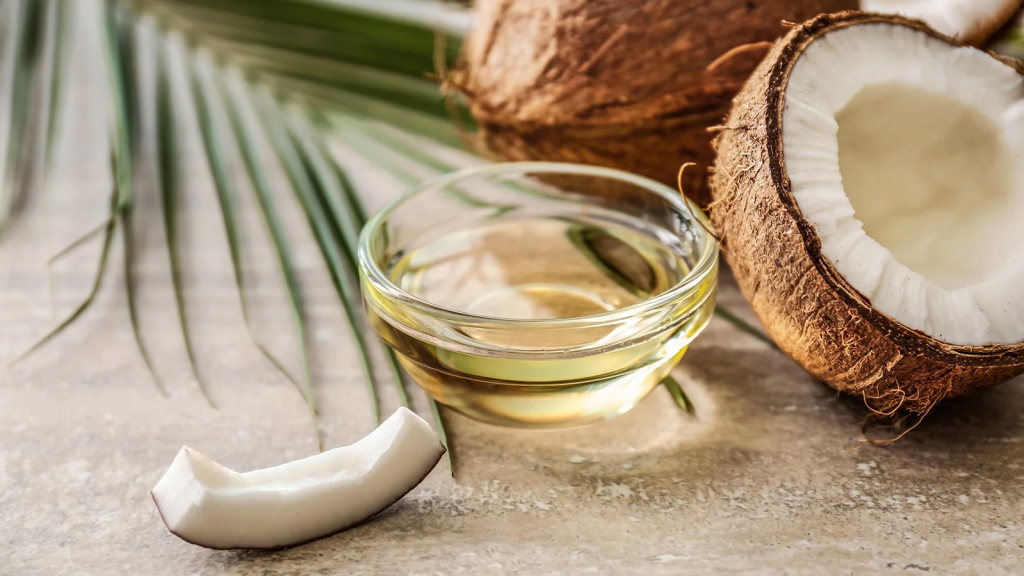
Secret 7: Coconut Shells Are Surprisingly Useful
Beyond the fruit, coconut shells have eco-friendly uses. They can be turned into bowls, activated charcoal, or even used as natural scrubbers. In many cultures, coconut shells are valued as a sustainable alternative to plastics.
Secret 8: Not All Coconut Sugar Is “Healthy”
Coconut sugar has a lower glycemic index than refined white sugar, but it’s still sugar. It contains small amounts of minerals like iron and zinc, but in moderation only. Using it excessively can still affect blood sugar and calorie intake.
Secret 9: Coconut Fiber Supports Digestion
Coconut meat is packed with dietary fiber, which helps regulate digestion and support gut health. Eating fresh coconut flesh (rather than processed products) is one of the best ways to benefit from its natural fiber.
Secret 10: Coconut Water Can Interfere with Certain Medications
Because coconut water is high in potassium, it may affect people taking medications that influence potassium levels, such as diuretics or ACE inhibitors. If you’re on prescription medication, it’s wise to check with your healthcare provider before consuming it regularly.
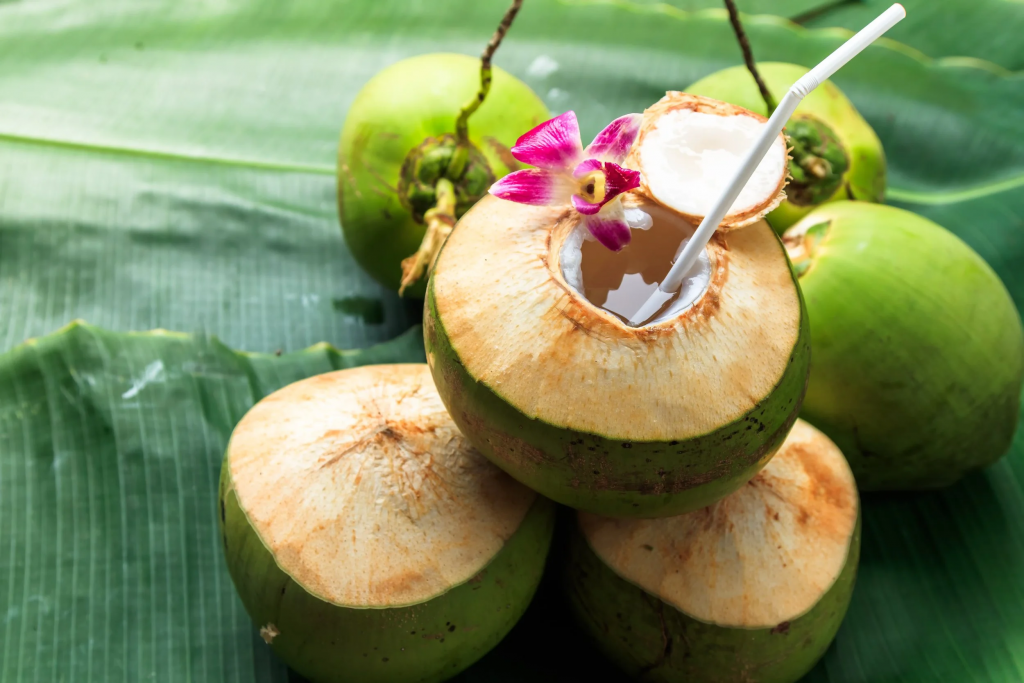
Secret 11: The Sustainability Factor
While coconuts grow abundantly in tropical regions, the rising global demand has raised concerns about sustainability and fair wages for farmers. Choosing products with fair trade or sustainably sourced certifications can help ensure you’re supporting ethical practices.
Practical Tips for Using Coconut Products
Here are some guidelines to get the most out of coconuts:
- For hydration: Choose fresh coconut water whenever possible.
- For cooking: Use refined oil for frying, virgin oil for low-heat recipes.
- For skin: Test coconut oil before applying widely. Consider lighter alternatives if you’re acne-prone.
- For baking: Use coconut sugar sparingly. Combine with natural sweeteners like stevia if you want to reduce overall sugar.
- For sustainability: Support brands with eco-friendly packaging and fair sourcing.
| Coconut Product | Best Use | Watch Out For |
|---|---|---|
| Coconut Water | Hydration | Nutrient loss in packaged products |
| Coconut Oil | Cooking, skincare | High calories, pore clogging |
| Coconut Milk | Curries, soups | Calorie-dense if overused |
| Coconut Cream | Desserts, whipped toppings | Heavy in saturated fat |
| Coconut Sugar | Baking, sweetening | Still sugar, use in moderation |
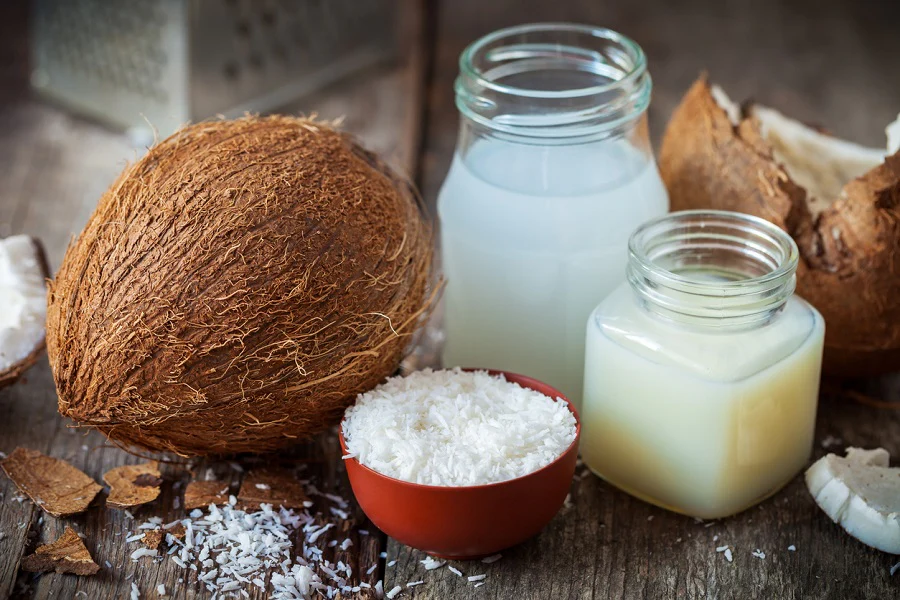
Conclusion
Coconuts are more than a tropical treat—they’re a complex superfood with benefits, limitations, and even cultural significance. By understanding the 11 secrets we’ve covered, you can make better decisions about when and how to use coconut water, oil, milk, sugar, and even the shells. Whether you’re seeking hydration, skincare, or creative cooking, coconuts can be your ally—as long as you use them wisely.
FAQs in brief
- Is coconut oil safe to use daily? Yes, in moderation. Limit to 1–2 tablespoons.
- Can coconut water replace plain water? No. It’s hydrating but not a full substitute for water.
- Is coconut sugar healthier than white sugar? Slightly, but it’s still sugar.
- Can coconut oil cure skin problems? It may help dryness but isn’t a medical treatment.
Disclaimer: This article is for informational purposes only and not a substitute for professional medical advice. Always consult a qualified healthcare provider before making changes to your diet or skincare routine.




